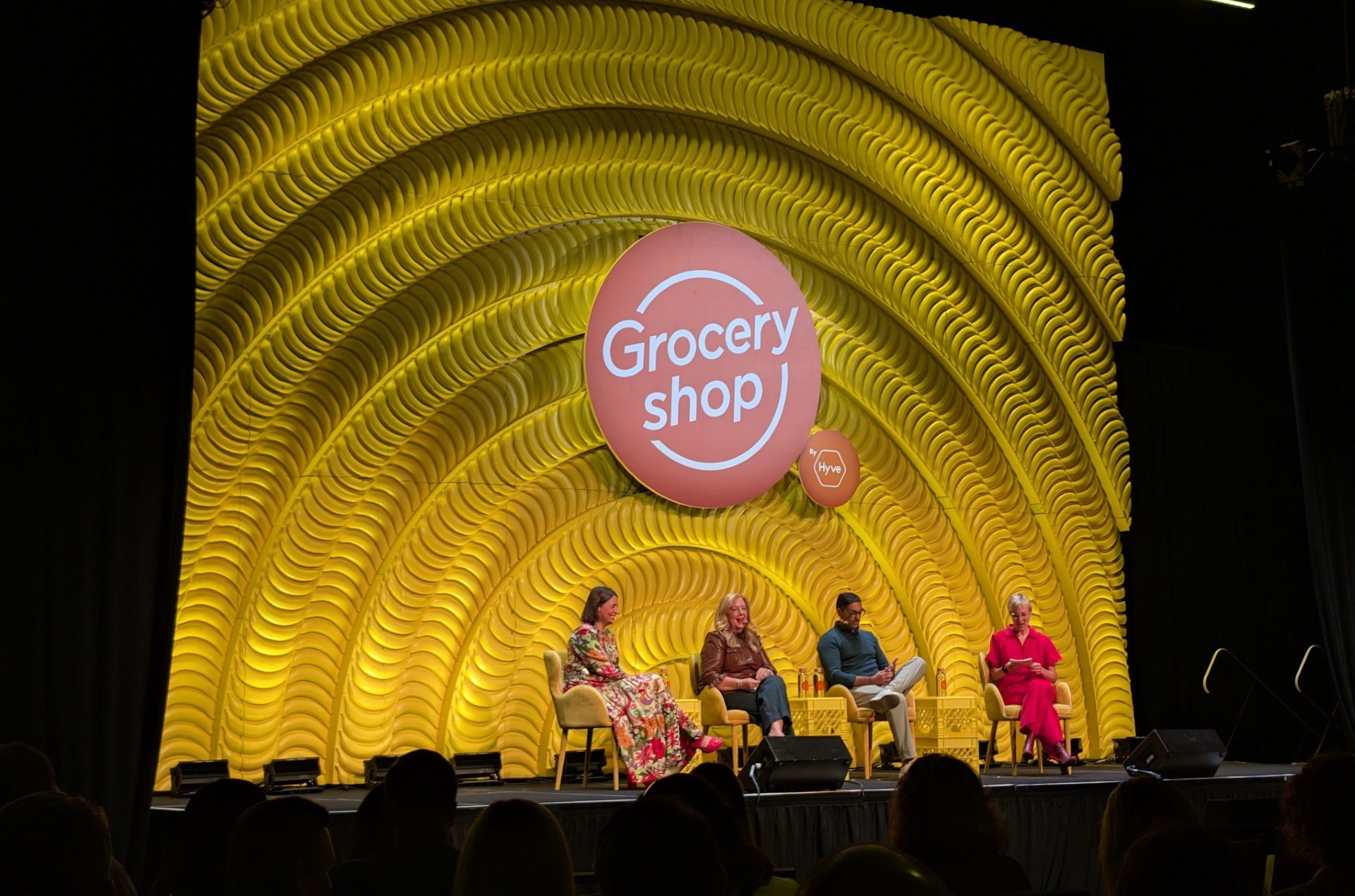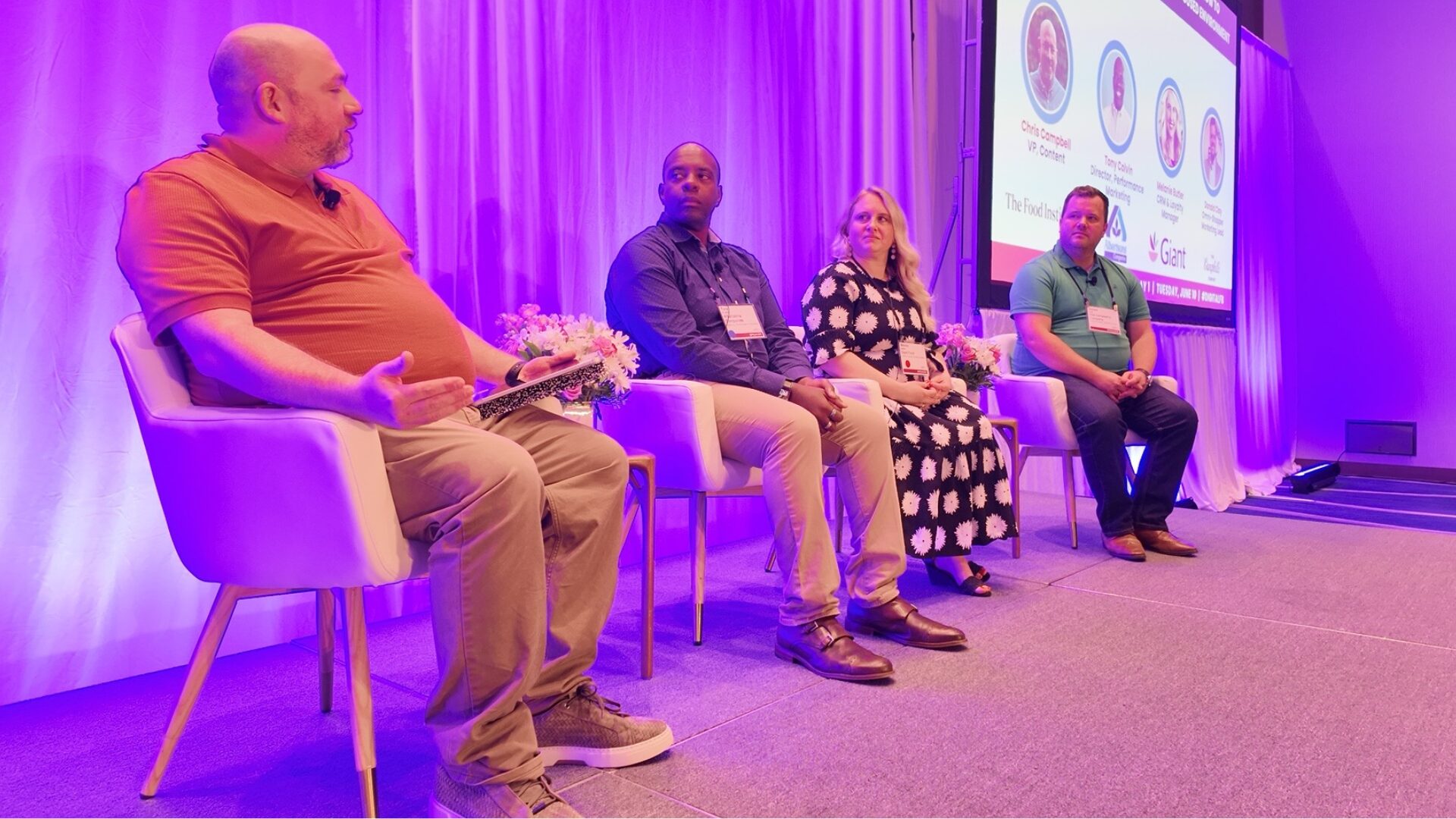The successful unionization effort at Amazon’s Staten Island, New York, JFK8 warehouse – a first at the company in the U.S. despite years of activism – may have been a major victory, but it doesn’t necessarily signal a resurgence of the labor movement, attorney Juan Dominguez told The Food Institute.
Amazon employees voted 2,654 to 2,131 to be represented by Amazon Labor Union, the National Labor Relations Board announced. Only about half the warehouse’s employees participated in the vote, which was conducted March 25-30.
The successful vote stands in stark contrast to last year’s more than 10% drop in union membership across the country. Amazon, which has 1.6 million employees around the world, was unhappy with the outcome, saying in a statement: “We’re disappointed with the outcome of the election in Staten Island because we believe having a direct relationship with the company is best for our employees.”
The victory came just a year after a similar vote at Amazon’s Bessemer, Alabama, warehouse defeated the unionization effort.
“I don’t think the union success at Amazon represents a major resurgence of the labor movement. The labor sector has changed profoundly,” Dominguez, a Los Angeles-area attorney, said in an email.
CURRENT UNION CLIMATE
“Union work is even more challenging today than it was in the past because globalization allowed employers … several countermeasures to labor movements,” Dominguez said. “I think part of the success of Amazon had to do with the pandemic and the … Great Resignation, which had employers across industries rethinking their talent attraction and retention policies.”
The Amazon Labor Union had a $100,000 budget, rallying workers on TikTok, at bus stops and during picnics and pizza parties, while the company spent $4.2 million to try to sway workers at both Staten Island and Bessemer, The City reported (April 1).
“We want to thank Jeff Bezos for going up to space, because while he was up there, we were organizing a union,” Chris Smalls, who was fired from JFK8 in March 2020 for his organizing efforts, said in remarks outside the NLRB’s Brooklyn offices. Smalls added:
“We went for the jugular, and we went after the top dog. We’re going to unionize. We’re not going to quit our jobs anymore.”
AN UPSET VICTORY
State Sen. Diane Savino of Staten Island called the victory a David-versus-Goliath moment.
“For an independent group of workers to take on the biggest corporation in the free world and do it with nothing more than their ability to communicate with each other about the conditions in their workplace is absolutely amazing,” she told The City.
Andrew Duffy, CEO and co-founder of the incentive management platform SparkPlug, told The Food Institute he thinks workers have reached a breaking point because of deteriorating working conditions and stagnating wages. He said the New York victory will change the organizing playbook, turning away from big national unions in favor of grassroots movements, but it far from signals a rebirth of unions nationally.
“The rebirth of the labor movement will require one hell of an obstetrician — the federal government. Without moral, legislative and judicial support to protect worker groups, particularly fledgling ones like the Amazon Labor Union, corporations will continue to obstruct future formations,” he said.
UNIONIZATION OUTLOOK
Duffy added that he expects the next wave of unionization efforts to encompass medium-to-large retailers and restaurants, mostly in blue states.
Meanwhile, a looming union issue involves the 22,000 longshoremen employed at 29 ports along the West Coast where a work stoppage could exacerbate supply chain woes. The International Longshore and Warehouse Union contract expires June 30.












